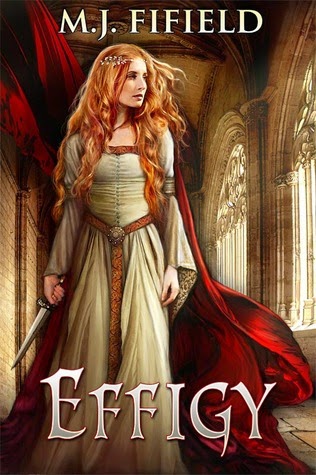Something awesome happened on Friday night. I wrote some words! Real, actual words! I didn't just keep them bottled up in my head! Ok, so it was only 1,218 words, to be exact. But seeing as how I haven't written anything besides a blog post since August, I will definitely take it. Hopefully this means I'll be able to start writing more and more.
Since I'm working on rewriting the last third of my book, I've been thinking a lot about the order in which things happen. How much of what happens at the end really needs to wait that long? Do we save certain moments just because we want a satisfying ending? But if the reader has to wait that long, will it even be satisfying at all?
Every story is going to be different. If you're writing a mystery, for example, then you probably don't want to reveal who the killer is until the end. Every story is going to have its own appropriate climax and you'll most likely know how it will all turn out.
But what if there's more to your ending than the actual ending? Are you saving too much for the end and leaving the reader bored along the way?
For me, at least, I knew something felt off about the end. Not just in the main plot, but in the subplots as well. It was like I wanted to end each part of the story by punching the reader in the face. Sometimes that can be a good thing, but you really want to consider all of the options. If you're saving everything until the very last moment, then what is happening in the meantime? Is it enough to hold the reader's attention?
Maybe the solution is to push things back. The first thing I realized I had to do involved one of the subplots. I had it end with a "holy crap," punch-you-in-the-face sort of moment. But honestly, the more I thought about it, the more forced it felt. I had a character reveal something in a fit of rage and it just felt like I was putting it there to be dramatic and it honestly didn't even fit his character. So I decided to push it back. Have him reveal this information earlier in the story and in a calm, natural way that feels realistic. Not only does this make the subplot more interesting earlier on, but it also left things open for me to end it in a different way. And this new ending feels more realistic for the characters and just less cliched in general. So I think it's going to work a lot better than the original.
As far as the main plot goes, my
aha moment was realizing that I could take something from the very last chapter, throw it like a grenade into an earlier part in the story and watch it blow everything up. It was such a scary realization because I
never thought of the story going this way but once I started to figure it out, it just felt so right. It also kind of takes some of the pressure off the last chapter now so that I can make that feel more natural as well.
I think my problem was that I was always forcing things to happen, particularly toward the end of the story. But if you keep your mind open and allow yourself to rearrange things and imagine different outcomes then your story might turn out for the better. I think it's better to leave your reader a trail of breadcrumbs leading up to the ending, or you may be forcing everything into the end and just hoping that they believe it.
What are your thoughts on endings? Should they punch the reader in the face? Have you ever taken something from the end and moved it back?
















